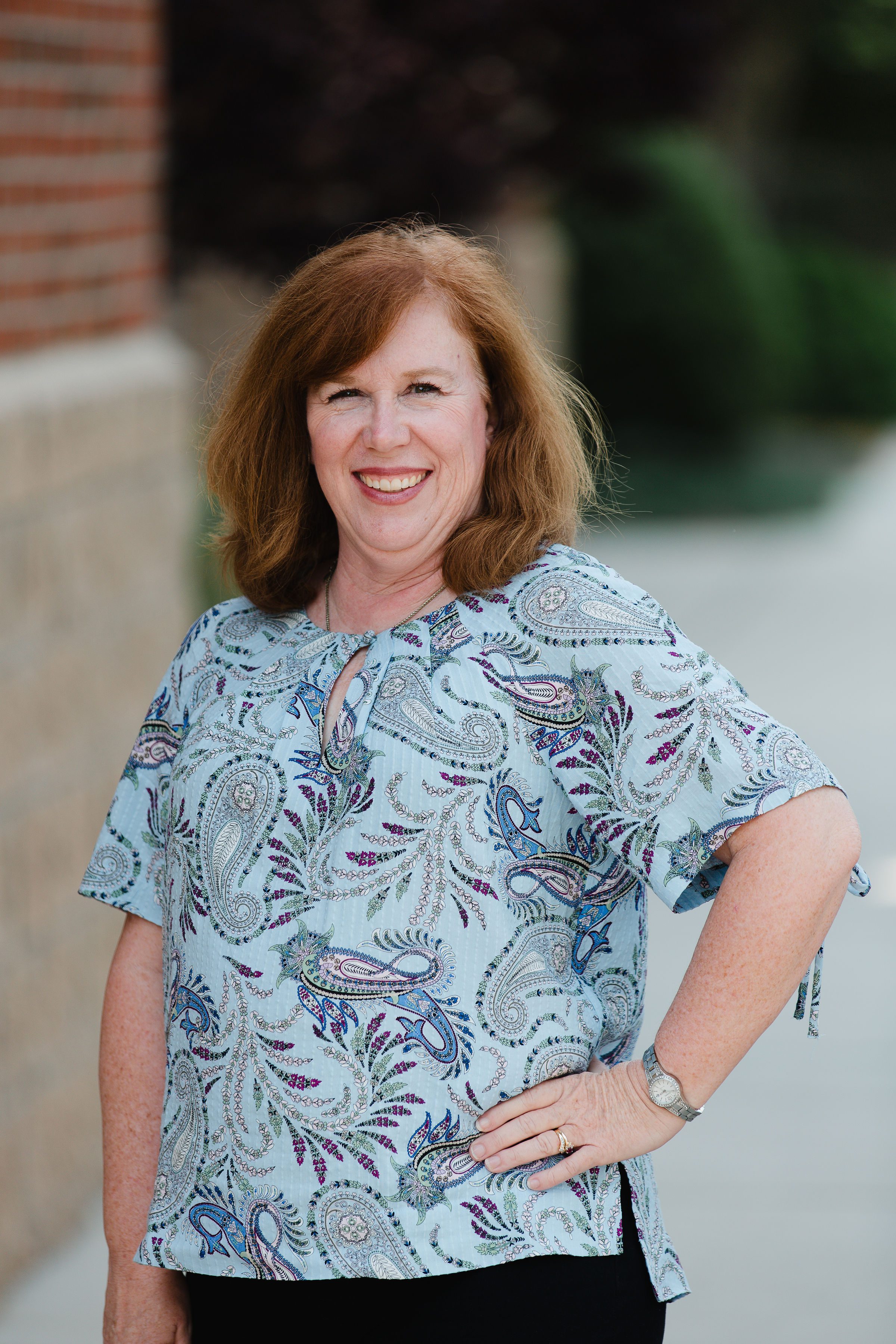Homeschooling parents want more for their children’s education—more depth, more meaning, and more lasting impact. But when it comes to assessment, we often default to the same methods we experienced: multiple-choice tests, fill-in-the-blanks, and quizzes designed for quick recall rather than true understanding.
If you’ve ever watched your child cram for a test only to forget everything the next day, you’ve seen the problem firsthand. Traditional exams measure a student’s ability to regurgitate facts, but they don’t reveal whether those facts have shaped their thinking.
What if assessment could do more? What if, instead of just testing what students remember, it guided them toward wisdom?
That’s where blue books come in. This form of assessment, rooted in classical education, challenges students to synthesize ideas, articulate their thoughts, and see how their learning connects to God’s world. In this article, we’ll explore how blue books can transform the way you assess your student—moving beyond memorization to true understanding.
What Are We Leading Students Out Of?
The word education comes from the Latin verb educere which literally translates “to lead out of.” What are we leading them out of? In classical Christian education, we are leading students out of darkness, out of error. We want our assessment to serve our mentorship and discipleship of students. How can we use assessment to lead our students out of error?
The Problem with Traditional Assessments
Most of us had the experience of cramming for a test and promptly forgetting everything we learned. In contemporary society, we have embraced the multiple-choice test (preferably with bubbles that can be colored in or clicked on a screen). We have accepted the notion that we can efficiently and blindly sum up a mass of students in this way.
However, those kinds of assessments separate school from real life. If a student memorizes biology terms solely to pass a test to temporarily please a teacher or parent, what have they really learned about biology?
Instead, what if our goal for studying biology is to encourage students to revel in the amazing details of creation and consider what they mean? What if we encouraged high school students to go beyond memorizing organ systems and focus on what they learn about the Creator by understanding how those systems work together?
From Knowledge to Wisdom
In Classical Conversations, we want to guide students from knowledge to understanding to wisdom. It is not enough for our high school students to simply memorize organs in order to pass a biology test. We want them to think about how those systems reflect the mind of the Maker.
It is not enough for our students to learn how to construct syllogisms in logic or even to memorize the rules of validity. We want them to be able to engage our culture by recognizing the unsound arguments of others and presenting sound arguments of their own.
It is also not enough for our students to learn about science, Latin, math, history, and literature as separate subjects. Instead, we want our students to see the big ideas that transcend these subjects. We want them to learn to think in an integrated way.
The Need for a New Assessment Method
At this point, we have established two important goals for assessment:
- To assess how far students have moved out of erroneous thinking
- To help students think about God’s world in an integrated way
Rediscovering Blue Books
Some of us took essay exams in college that were called “blue books” in honor of the blue paper covers. This method allows students to express their ideas and teachers to evaluate that expression. In the Challenge program, we are beginning to recover this lost form of assessment.
A Classical Example of Blue Book Assessments
For example, a Challenge III blue book might integrate history, literature, and philosophy as follows:
- “Define man. Compare/contrast your definition with those of three of the philosophers we have studied this year.
- How did Shakespeare define man? Give examples from two of our plays. How did the Founding Fathers define man?
- How did this affect the framing of the Constitution?”
Students cannot cram for this kind of assessment. Instead, they are encouraged to reflect on their discussions together for an entire semester across various subjects. They are encouraged to reflect upon how their studies in different areas have all contributed to a better understanding of humankind. They are encouraged to weigh the ideas of thinkers who have gone before them.
Rethinking Assessment for Lasting Impact
Traditional tests measure short-term recall, but blue book exams cultivate deep understanding. Rather than encouraging rote memorization, they challenge students to think critically, connect ideas across subjects, and express their thoughts clearly.
With blue books, assessment becomes a tool for reflection, not just evaluation. Students learn to reason, analyze, and apply knowledge in a way that shapes their understanding of the world and their Creator. As they reflect and add their own thoughts, they have truly entered the classical conversation.
If we want education to be more than a checklist of facts, our assessments must reflect that goal. Blue books equip students to engage in meaningful discussions, defend their ideas, and grow in wisdom—true learning that lasts.





